Cloud Computing in Healthcare

What is Cloud Computing in Healthcare?
Cloud computing in healthcare refers to the use of remote servers and networks hosted on the internet to store, manage, process, and access healthcare data and applications. It offers several benefits for the healthcare industry, including improved data management, scalability, accessibility, and cost-efficiency. Here are some key aspects of cloud computing in healthcare:
Data Storage and Management: Healthcare organizations can securely store and manage patient records, medical images, test results, and other healthcare data in the cloud. This centralizes data, making it easier to access and share among authorized users while maintaining data security and privacy.
Scalability: Cloud computing allows healthcare providers to scale their IT infrastructure up or down based on their needs. This flexibility is crucial for handling fluctuations in data volume, especially during peak times or when implementing new healthcare services.
Accessibility: Cloud-based healthcare systems can be accessed from anywhere with an internet connection. This is particularly valuable for telehealth services, remote consultations, and collaborative healthcare efforts involving multiple facilities or providers.
Data Analytics and Insights: Healthcare organizations can harness the power of cloud-based analytics tools and machine learning algorithms to analyze large datasets for medical research, predictive modeling, and population health management.
Disaster Recovery: Cloud providers often offer robust backup and disaster recovery solutions. This ensures that healthcare data is protected from data loss or system failures, enhancing data resilience and continuity of care.
Interoperability: Cloud-based platforms can facilitate data interoperability by allowing different healthcare systems and devices to share information seamlessly. This promotes better care coordination and improved patient outcomes.
Cost-Efficiency: Cloud computing can reduce the capital expenses associated with maintaining on-premises hardware and infrastructure. Healthcare organizations can pay for cloud services on a subscription or pay-as-you-go basis, potentially lowering overall IT costs.
Security and Compliance: Cloud providers invest heavily in security measures and compliance certifications. They often have dedicated teams and resources to protect healthcare data from cyber threats and ensure compliance with healthcare regulations such as HIPAA (Health Insurance Portability and Accountability Act).
Telehealth and Remote Monitoring: Cloud-based telehealth platforms and remote monitoring solutions enable healthcare providers to deliver care remotely, monitor patients' health conditions, and communicate with patients in real-time, enhancing accessibility to care.
Overall, cloud computing plays a pivotal role in modernizing healthcare delivery, improving patient care, and driving innovation in the healthcare industry. It empowers healthcare organizations to leverage advanced technologies and data-driven insights to enhance diagnosis, treatment, and patient outcomes while maintaining the security and privacy of sensitive healthcare information.
The versatility and scalability of cloud computing presents unique opportunities for healthcare transformation in Africa. The African Digital Health Research Institute (ADHRI) actively explores pragmatic applications of cloud technology.
Our cloud computing investigations evaluate:
- Secure, sovereign regional health clouds.
- Cloud-based health information exchange frameworks.
- Serverless computing for analytics and interoperability.
- Hybrid cloud deployment models balancing cost, control and compliance.
ADHRI examines cloud solutions tailored for resource-constrained environments with intermittent connectivity. Our research informs strategies to unlock cloud capabilities to serve universal health coverage in Africa.
